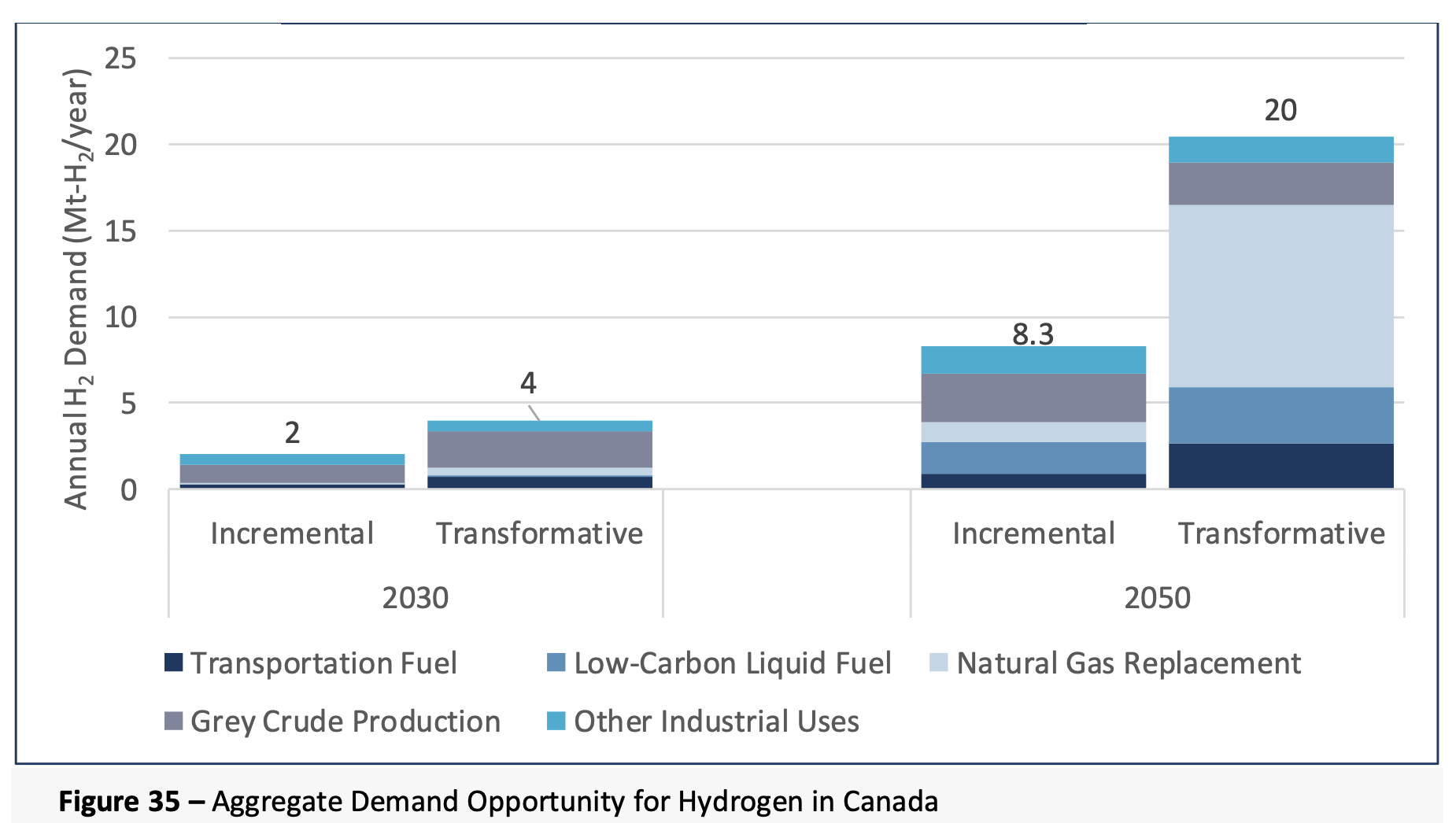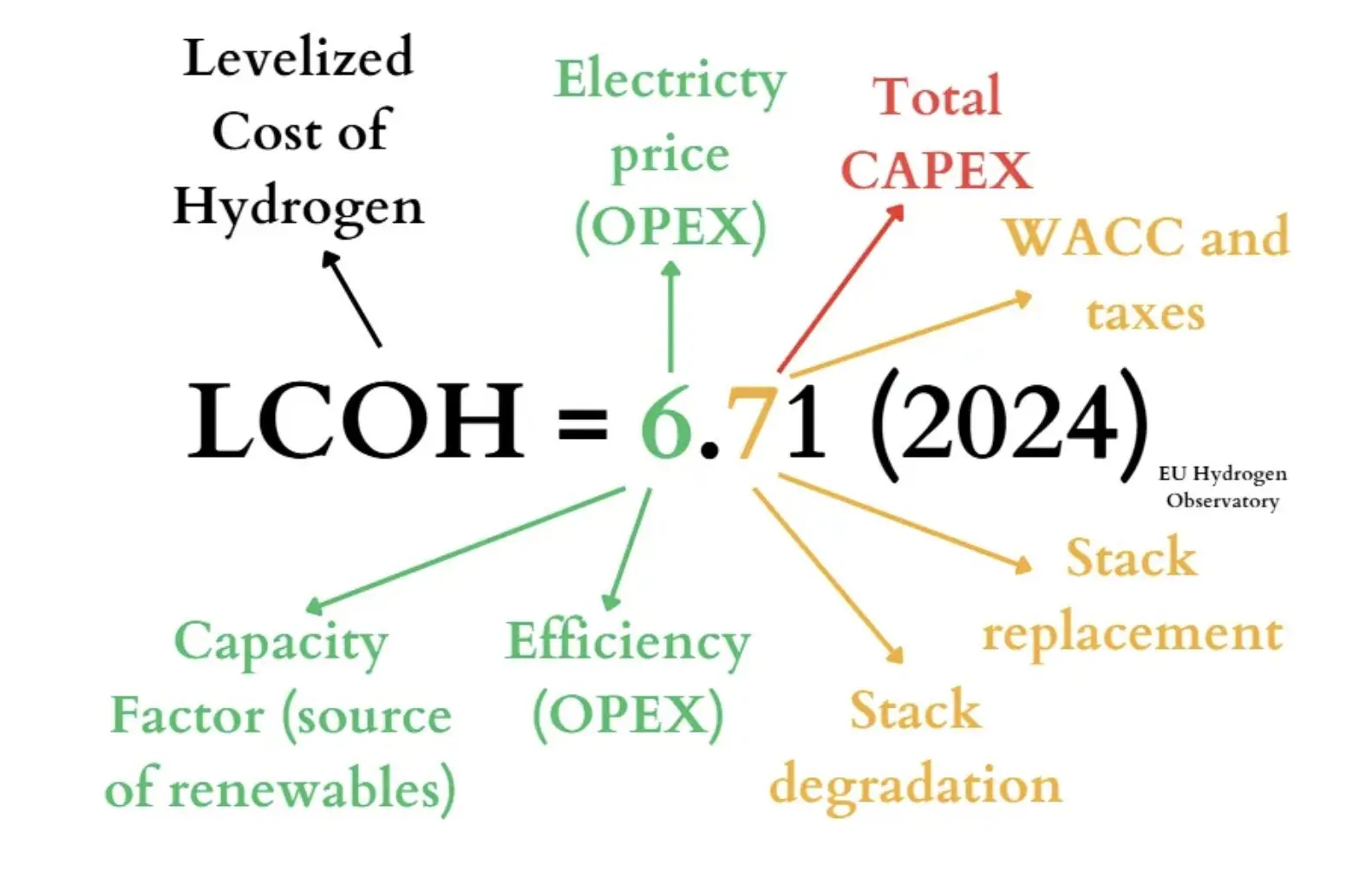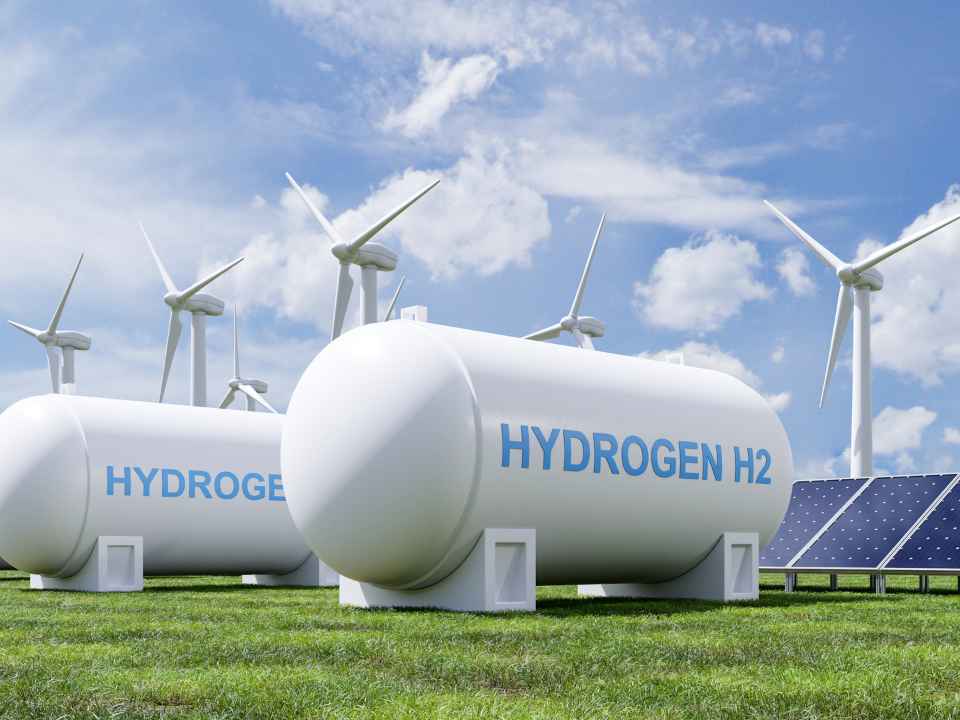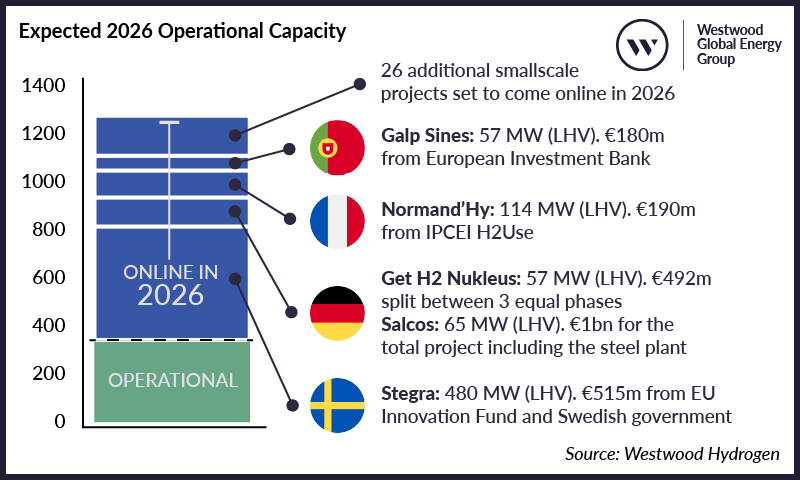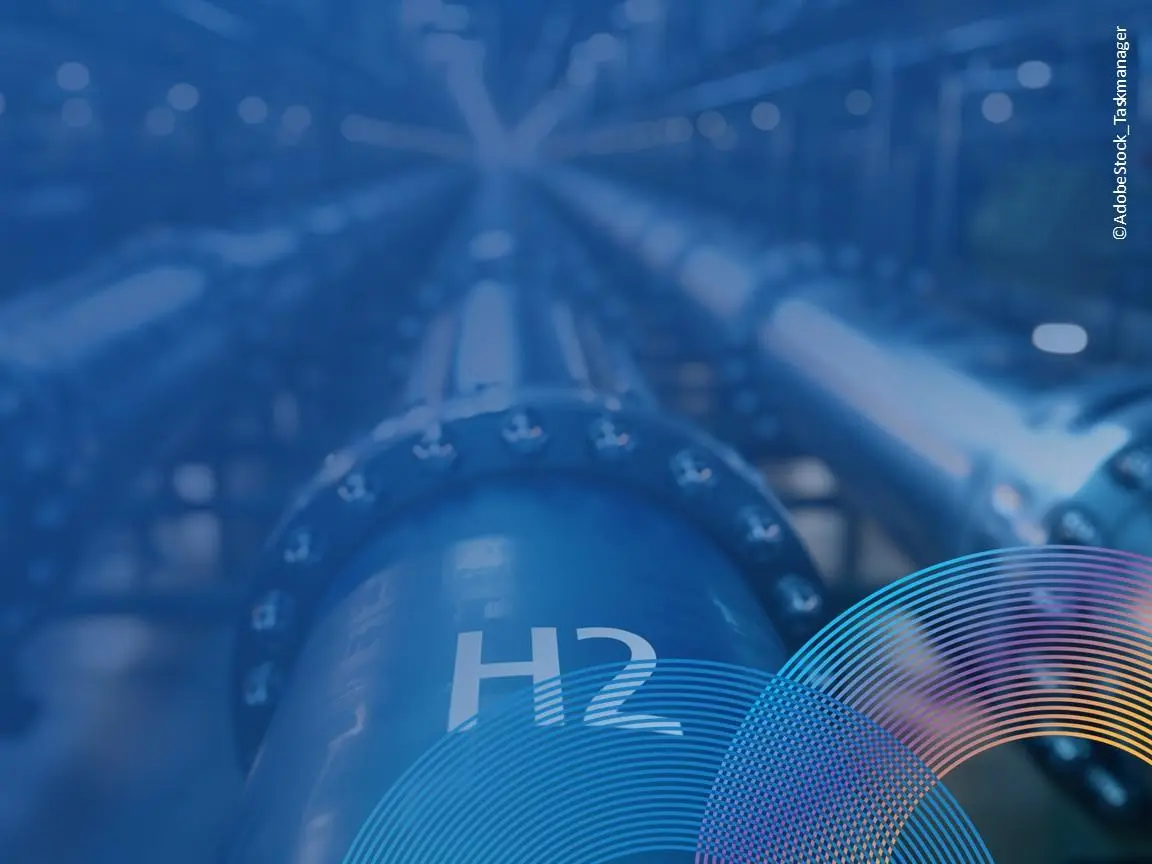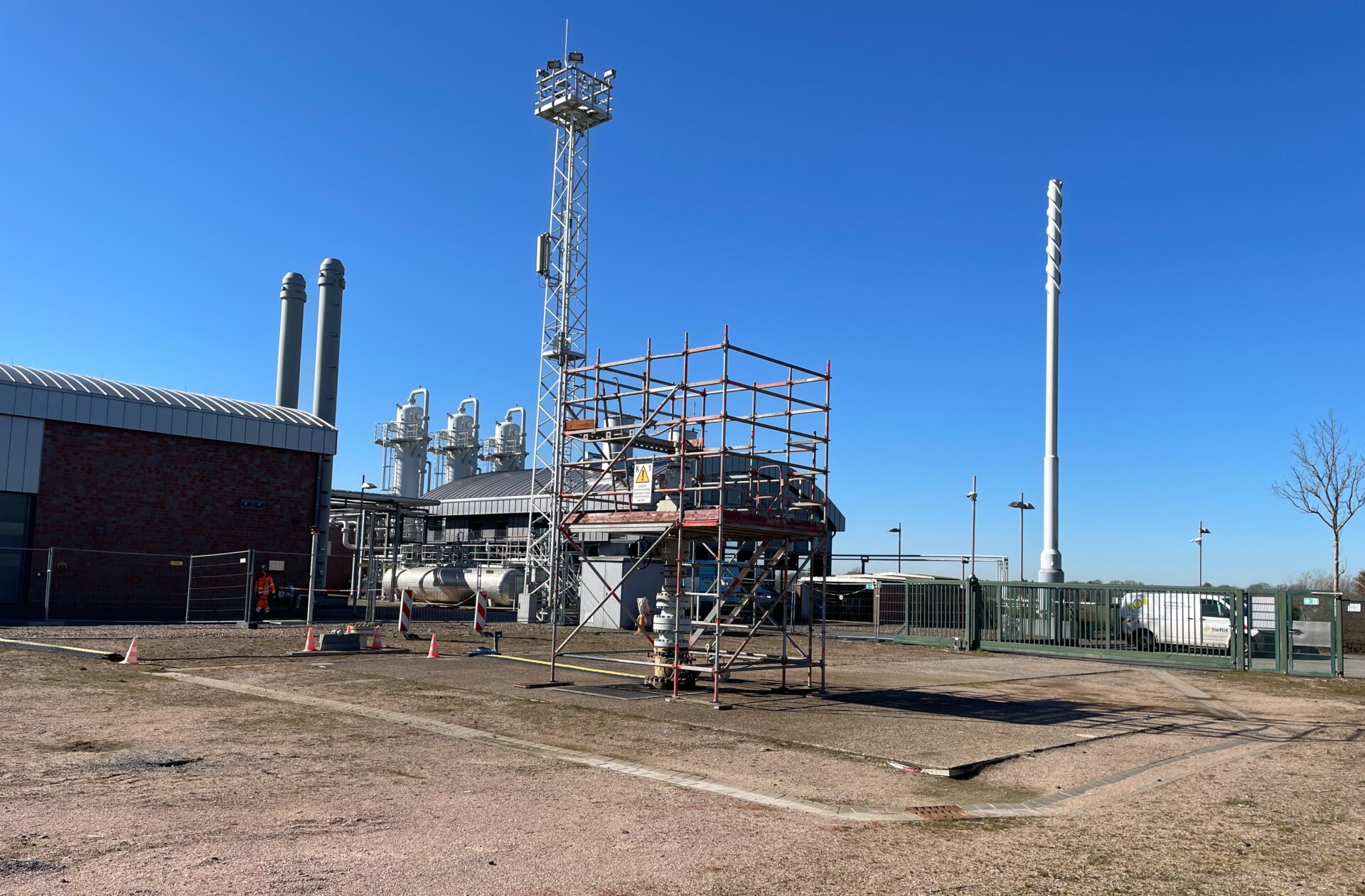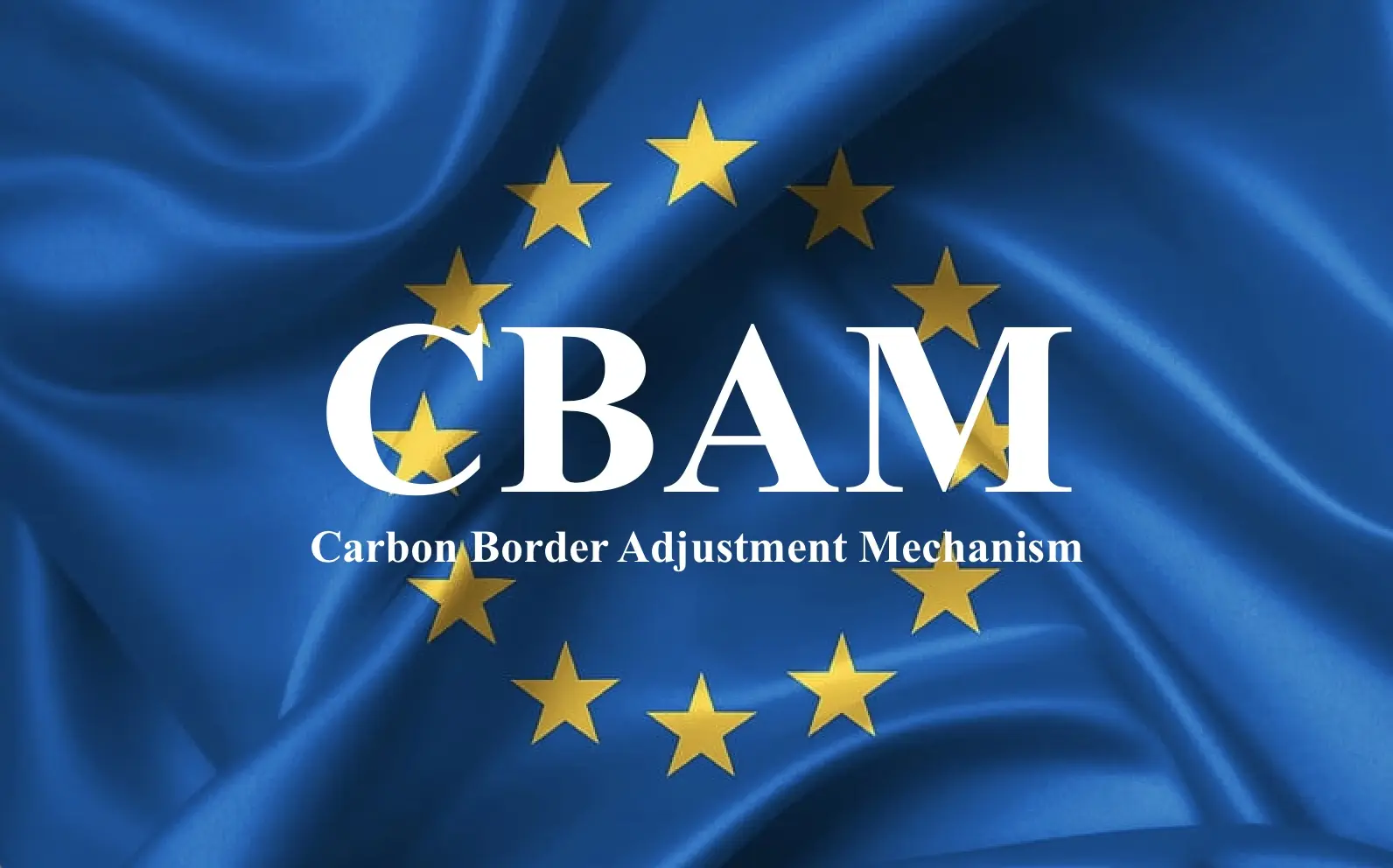

The Commission launched today the first auction under the European Hydrogen Bank to support the production of renewable hydrogen in Europe, with an initial €800 million of emissions trading revenues, channelled through the Innovation Fund. Producers of renewable hydrogen can bid for support in the form of a fixed premium per kilogram of hydrogen produced. The premium is intended to bridge the gap between the price of production and the price consumers are currently willing to pay, in a market where non-renewable hydrogen is still cheaper to produce.
The Hydrogen Bank complements other policy tools to build a market for renewable hydrogen, stimulate investments in the production capacity, and bring production to scale. Renewable hydrogen has a critical role to play in Europe’s future energy mix, in particular for the decarbonisation of heavy industry and some transport sectors, replacing fossil fuels. By enabling a faster rollout of innovative hydrogen technologies the pilot auction will contribute to the REPowerEU Plan goal to produce 10 million tonnes of hydrogen domestically by 2030.
Under the pilot auction, producers of renewable hydrogen, as defined in the Renewable Energy Directive and its Delegated Acts, can submit bids for EU support for a certain volume of hydrogen production. The bids should be based on a proposed price premium per kilogram of renewable hydrogen produced, up to a ceiling of 4.5€/kg.
Bids up to this price, and which also comply with other qualification requirements, will be ranked from the lowest to the highest bid price and will be awarded support in that order, until the auction budget is exhausted. The selected projects will receive the awarded subsidy on top of the market revenues that they generate from hydrogen sales, for up to 10 years. Once projects have signed their grant agreements, they will have to start producing renewable hydrogen within five years.
Cumulation with other types of aid from participating Member States will not be possible, to ensure a level playing field for all projects regardless of location. This will prevent fragmentation at the early stages of the European hydrogen market and reduce administrative costs for upcoming national hydrogen support schemes.
Read the press release of the European Commission

